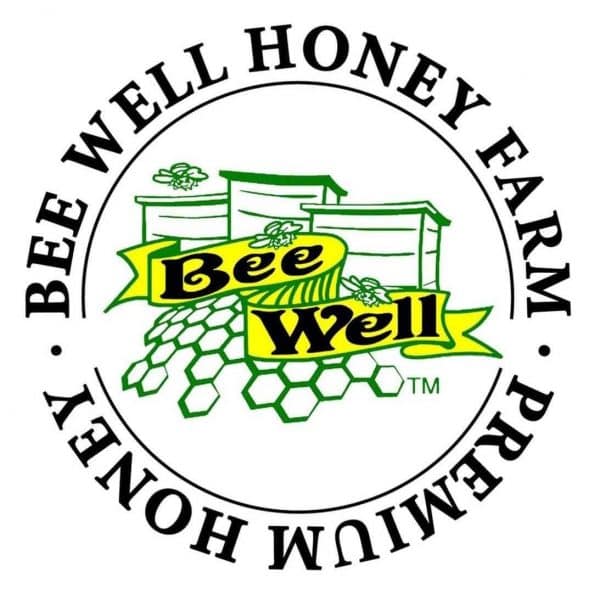On the surface, gardening is one of the original self-sustainability practices. The very nature of gardening is growing your own food and plants for personal and family use.
Unfortunately, like so many other things in today’s consumer-oriented society, gardening has become a hobby that includes buying countless supplies and focusing on aesthetics rather than practicality. That’s become especially true throughout the COVID-19 pandemic with more people spending time at home.
That’s not necessarily a bad thing. Gardening has many mental and physical health benefits. It can help to reduce stress, boost the immune system, and it’s even a good workout.
But, from a sustainability standpoint, “trendy” gardening isn’t effective or efficient. People are regularly razing their gardens and getting rid of useful plants because they’re viewed as “weeds”. Others are using harsh chemicals and other environmentally-damaging supplies to keep their gardens looking pristine.
Obviously, you don’t want to fall into that category.
So, how can you enjoy the benefits of gardening while cooperating with nature to increase your self-sustainability?
Know Which Flowers to Grow
When most people think of a sustainable garden, fruits and vegetables come to mind. Growing your own food is a fantastic way to reduce your reliance on big box stores or even other farmers who can sell their produce to those without gardens of their own.
But, it’s important not to discount growing specific plants and flowers. They can be just as beneficial as fruits and vegetables when used creatively.
Many herbs, flowers, and roots, for example, have medicinal purposes:
- Chamomile for relaxation and anxiety
- Aloe vera for soothing burns and irritated skin
- Ginger for nausea and motion sickness
- Saint John’s wort for depression
Growing these plants in your garden is a great way to reduce your dependency on pharmaceuticals and focus on natural, holistic healing.
Plant preservation is another great way to utilize whatever you grow. If you want your home decor to be more sustainable and natural, consider pressing flowers rather than buying bouquets from a store or decorating with artificial greenery. Pressed plants and flowers are beautiful, last for years, and can even make great gifts. So, grow whatever appeals to you and know that you can preserve it once it’s in bloom rather than watching it wither away in the dirt.
Be Strategic With Your Planting
No matter what you plant, it can be difficult to keep bugs, critters, and even larger animals like deer away from your space. While they’re just trying to get a bite to eat, they can end up destroying your precious plants if you don’t take action.
Unfortunately, many insect and animal repellants contain harsh chemicals. Not only could they make animals sick, but they could cause damage to sensitive plants. Furthermore, if you’re going to a garden supply store or major chain store to purchase repellants, you’re going to end up crushing your self-sustainability efforts.
Thankfully, there are strategies you can put in place to deter critters, birds, and bugs from destroying your plants.
One of the easiest ways to keep birds and insects from eating your plants is to utilize color. Birds rely on color for everything from finding a mate to choosing the ripest berries to eat. There are some colors they’re more attracted to than others, but the one they are most likely to stay away from is white. White often signals “danger” to our fine feathered friends, so consider planting some white flowers around your plants to keep birds from swooping in.
Bugs are also attracted to bright colors, so planting flowers and plants that have softer hues and more “neutral” shades can help to keep insects away.
Another way to keep pests away is to make sure your garden stays “clean”. Start with clean soil, and be sure to pull any weeds and debris from your garden bed as often as possible. It’s easy for critters to hide in those weeds and make a home for themselves. By clearing everything away, you’ll have an organized and neat garden that’s harder for bugs and critters to set up shop.
Giving Back to the Planet
Part of being self-sustainable is encouraging a more sustainable planet. Many preppers adopt eco-friendly lifestyles so they can rely on the earth’s natural resources to help them survive. Gardening can be a fantastic way to do something good for the environment – as long as you don’t douse it with pesticides or waste too much water trying to make it grow.
There are plenty of ways to be more environmentally conscious with your garden that can also help you reduce your dependency on things like store-bought fertilizer and city water. Some of the best ways to make your garden more sustainable are:
- Utilizing harvested water from rain barrels
- Composting
- Watering less
- Choosing native plants
- Reusing your resources whenever possible
Whether you’re trying to grow your own food, medicine, or you just want to enjoy some of the health benefits of gardening, doing so the right way can increase your self-sustainability and do something good for the planet at the same time. Keep these ideas in mind to implement in your garden this spring, and you’ll see how easy it is to grow something useful and beautiful without having to rely on the green thumb trends of the moment.











